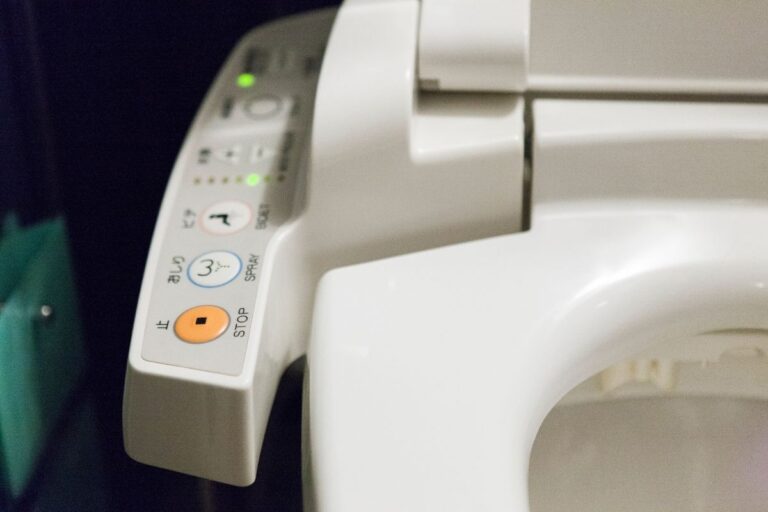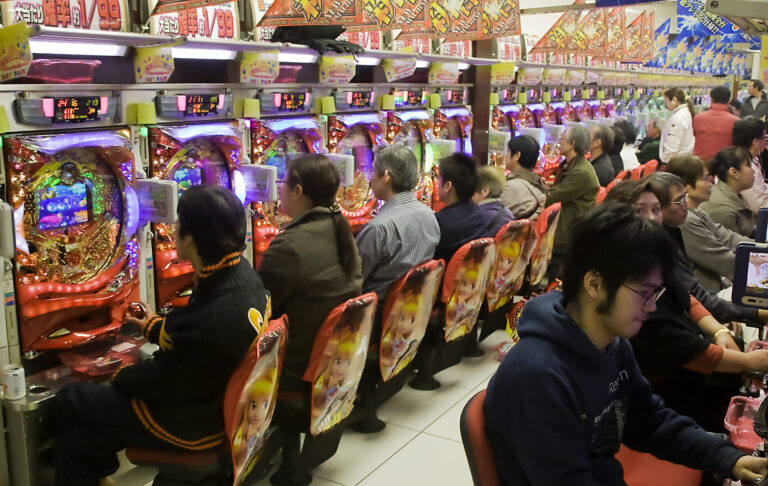How would you give advice when speaking Japanese? Depending on the context, you could tell someone that “it is better to… [do this.]” The Japanese equivalent of “It is better to…” is “hou ga ii desu,” which you place at the end of the sentence. However, there is a connotation to the phrase in Japanese that may not exist in the direct English equivalent. “Hou ga ii desu” implies that you really recommend doing something and that any other option may be problematic, rude, or even dangerous. The phrase isn’t a simple indication of your personal preference or recommendation, so think about the context before you make a recommendation with the phrase.
Depending on the context, “hou ga ii desu” can translate to “It is better to…” or even “You had better…” The latter translation applies when you’re recommending a course of action directly to a person. The first translation is a more general recommendation or a less forceful translation of the phrase. Nonetheless, the second translation may better capture the idea that any alternative to your recommendation is dangerous or problematic.
Properly using the phrase “hou ga ii desu” involves an irregular rule that you should make note of. When you want to recommend something in the positive sense, such as “It is better to come early,” you use the past tense positive casual form of the verb before the “hou ga ii desu” phrase. When you want to recommend something in a negative sense, such as “It is better not to come late,” you use the present tense negative casual form of the verb before the phrase.
It is better to come early. = Hayai kita hou ga ii desu.
It is better not to come late. = Osoi konai hou ga ii desu.
Read here to review a few more verbs. How would you say “It is better to…” do any of these verbs?
No related posts.
Tags: hou ga ii, japan, japanese language


